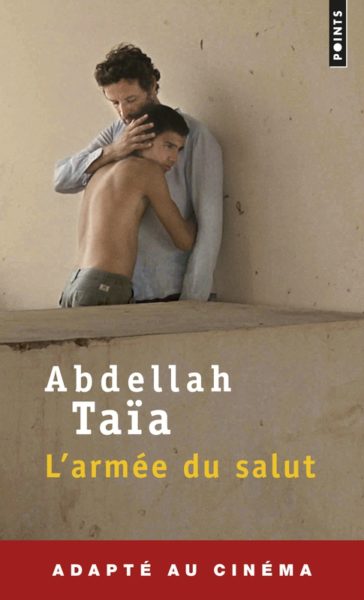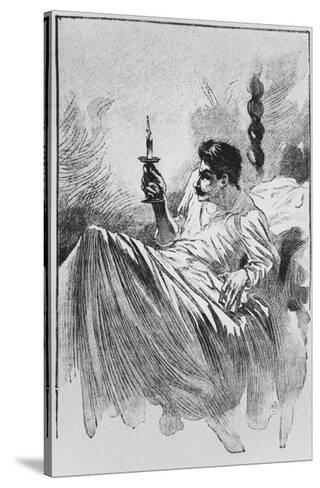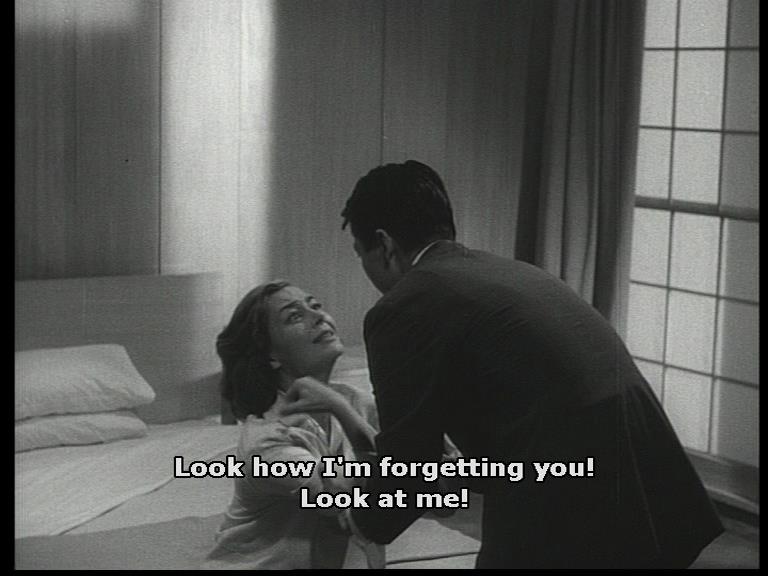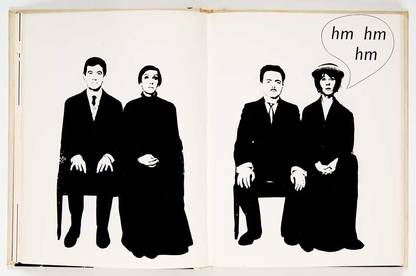
As an adult trying to revive my rusty childhood french, I have struggled to find compelling reading projects. Most lists of intermediate french reading for adults cover Le Petit Prince, Harry Potter in translation, and then a bunch of bestsellers that I’m not very interested in. I hunted hard to find queer content, postcolonial literature, diverse authors, and weirdo art that was suitable for a learner like me (starting from approximately fifth grade reading level). I thought I’d post small book reviews here in case it helps someone else. I know a lot of people with half-assed french skills– you can probably read more cool books than you’d expect!
You can use the “keep intermediate french weird” tag to see all my posts about this.
* * *
For starters, I have to agree that Harry Potter is a great beginner/intermediate reading project. The series starts at about a sixth grade reading level and gradually increases in difficulty, and reading the series in french I noticed that each book deliberately teaches you a few new vocabulary words.
Because the books are so popular, there is a lot of stuff available. There are good french dubs for all the movies, and the whole series is available as french audiobooks complete with wacky character voices that make for reasonably challenging listening. Google translate even knows all the creature names.
The only initial hurdle is that the books are narrated using the literary passé simple verb tense, which I had never encountered before. I made flashcards for the être and avoir conjugations and then muddled through the rest.
For adults, the Harry Potter reading experience might be superior in a foreign language. I think it is worth a try even if you haven’t enjoyed Harry Potter in english. I was in university when the books were first published, so I didn’t get caught by Pottermania and only read the series much later, at which point I found the kid-friendly plots predictable and dull. Reading them in french, my comprehension is diminished enough that I missed a lot of clues and foreshadowing, so I found the stories much more surprising and exciting!
Finally, the top reason to read Harry Potter in another language is to see how the translator handles the invented words. Muggles, golden snitches, nifflers, Slytherins… It’s a fun translation problem to witness. No matter how many clunkers got through, I will always respect the translator for turning Hufflepuff into Poufsouffle.






